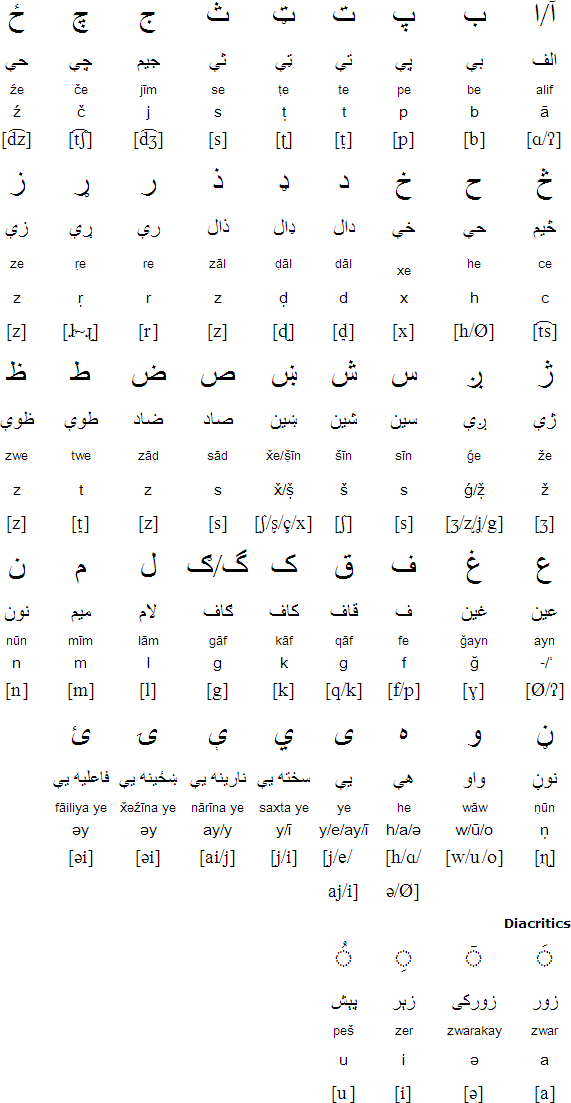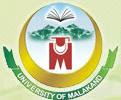The exact number of Pashto speakers is not known for sure, but most estimates range from 45 million to 55 million. Pashto is the first language of between 40% and 55% (11 to 15.4 million) of the people of Afghanistan, and 10% to 28% (2.8 to 7.8 million) speak it as a second language, and the total is around 18 or 19 million.
Pashto has about 25 million speakers in Pakistan (15% of the population) in the North-West Frontier Province (NWFP) the Federally Administered Tribal Areas (FATA), and the provinces of Balochistan, Mianwali, Attock, Sindh, Punjab.
There are also communities of Pashto speakers in the northeast of Iran, Tajikistan and India, as well as in the UAE, Saudi Arabia and a number of other countries.
Pashto was made the national language of Afghanistan by royal decree in 1936. Today both Dari and Pashto are official languages there. Since then, the Pashto spelling system has been revised to some extent.
Pashto first appeared in writing during the 16th century in the form of an account of Shekh Mali's conquest of Swat. It is written with a version of the Arabic script. There are two standard written forms: one based on the dialect of Kandahar, the other on the dialect of Peshawar.
The name Pashto is thought to derive from the reconstructed proto-Iranian form, parsawā 'Persian language. In northen Afghanistan speakers of Pashto are called Pakhtūn; in sourthen Afghanistan they are known as Pashtūn, and as Pathān or Afghan in Pakistan.
Pashto at a glance
- Native name: پښتو [paʂˈto]
- Alternative names: Pushtu, Pushto, Pukhto, Afghan(i)
- Linguistic affliation: Indo-European, Indo-Iranian, Iranian, Southeastern
- Approximate number of speakers: 45-55 million
- Spoken in: Afghanistan, Pakistan, Iran, India, Tajikistan
- First written in: 16th century
- Writing system: Arabic script
- Status: one of the official languages of Afghanistan
Pashto alphabet (د پښتو الفباء)

Pashto numbers

Pashto sample text

Transliteration
Də bašar ṫol afrād āzād naṙəy tâ rāźī au də ḥays̱iyat au ḥuqūqo lâ palwâ sarâ barābar dī. ṫol də ʿaqəl au wijdān ḫāwandān dī au yo lâ bal sarâ də warorəy pâ rūḥiye sarâ bāyad čaland kəṙī.Translation
All human beings are born free and equal in dignity and rights. They are endowed with reason and conscience and should act towards one another in a spirit of brotherhood.(Article 1 of the Universal Declaration of Human Rights)


No comments:
Post a Comment